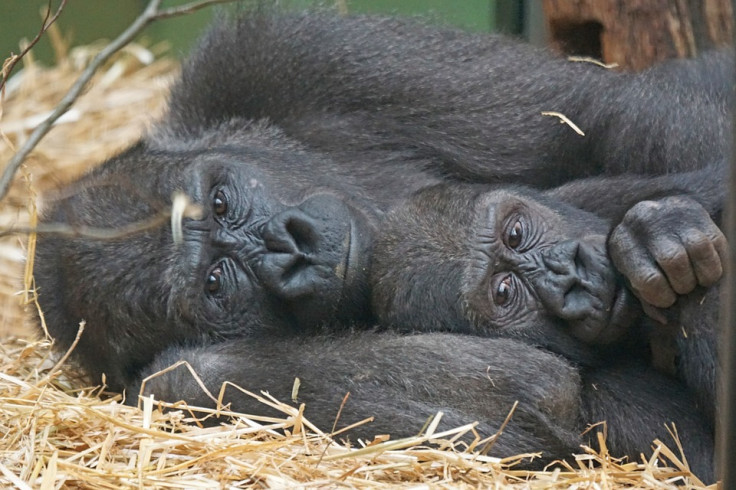Several gorillas test positive for COVID-19 in San Diego Zoo Safari Park
It was suspected that the gorillas contracted SARS-CoV-2 from an asymptomatic staff member at the safari park.
A safari park in San Diego has temporarily closed after a number of gorillas tested positive for SARS-Cov-2, the virus that causes the dreaded COVID-19.
San Diego Zoo Safari Park issued a news release announcing that a number of its gorillas have tested positive for SARS-CoV-2. Two of the gorillas were observed to be coughing on Wednesday, Jan. 6.
Due to previous reports of animals, such as minks, having tested positive for SARS-CoV-2 and given that coughing is one of the most common symptoms of COVID-19, the San Diego Zoo Global veterinary team initiated fecal sample testing from the gorillas to determine whether they are positive for the virus. The test was done through the California Animal Health and Food Safety Laboratory System (CA HFS).
The results of the preliminary test came out on Jan. 8 and there was indeed the presence of the virus detected in some members of the troop. The news release did not specify though whether the gorillas that were infected were male or female. There was also no info provided as to the age of the infected apes.
Lisa Peterson, San Diego Zoo Safari Park's executive director, said that aside from coughing and congestion, the gorillas that tested positive were doing well. They have already been quarantined together and the zoo is hopeful for a full recovery for the members of the troop. Fox News stated that it was not yet clear whether the infected gorillas will suffer from serious ailments.
Addressing the possible source of the infection, the news release stated that it was suspected that it might have come from an asymptomatic staff member. Peterson noted that staff safety has always been a paramount concern and that for almost a year, their team members have been working tirelessly in protecting one another and the wildlife under their care.
When the pandemic hit, the San Diego Zoo Global scientists have worked closely with disease experts so that wildlife may be duly protected. The group tackled biosecurity with the United States Department of Agriculture (USDA), the Association of Zoos and Aquariums (AZA), to name a few concerned groups, in establishing industry practices to protect wildlife, not only in the U.S. but worldwide.
The zoo has been closed since Dec. 6. The habitat of the apes at the San Diego Zoo Safari Park is at a safe distance and it does not pose a public health risk, as stated in the news release.
© Copyright IBTimes 2025. All rights reserved.






















